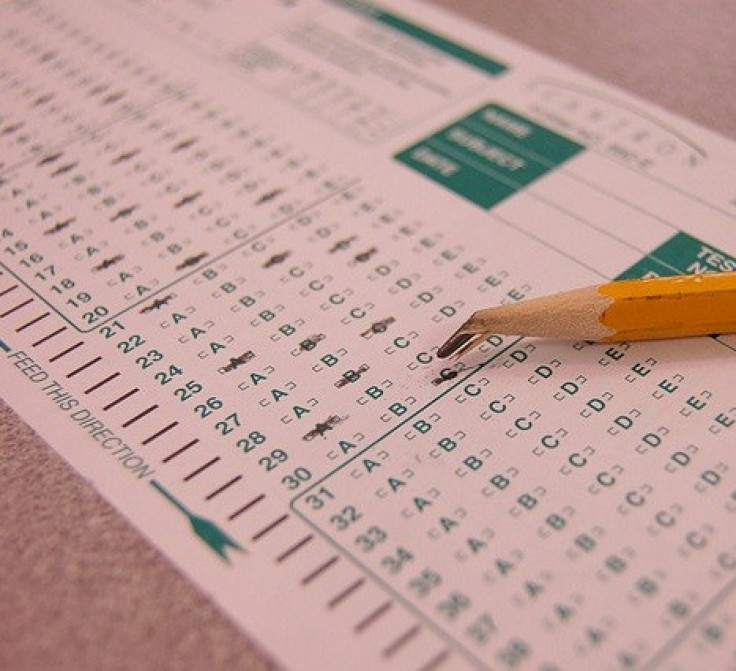The Ethicist Is Wrong: Self-Plagiarism Is Cheating

The Ethicist responded the other day to a really interesting letter: A student had been given two assignments with enough overlap between them to be able to submit the same paper to both. Was this cheating, he asked?
After pulling back from his knee-jerk reaction, he decides this is not, in fact, cheating.
"I look at it like this: You were essentially asked two questions that shared a common answer. The fact that you could see commonalities between unrelated intellectual disciplines is a point in your favor. Some might call your actions self-plagiarism, but the very premise of stealing your own creative property is absurd. You’re not betraying the public’s trust. It seems strange only because the assignments involve a degree of creativity. If this had been a multiple-choice physics test you failed to study for — yet were still able to pass, based on knowledge you acquired from an applied-math class taken the previous semester — no one would question your veracity. [Emphasis added]
I want to seize on this phrase, "You're not betraying the public's trust," by way of analogy. Let's say you're a writer or journalist. You write a long piece and pitch it to a pair of magazines. Both magazines accept your piece for publishing and pay you for it. Would there be an outcry?
Of course there would. Self-plagiarism is likely a problematic term for what's happening here, but it's still unethical. And my analogy isn't entirely hypothetical; before going down for plagiarism and fabrication, Jonah Lehrer got into hot water for reproducing himself in other works, for self-plagiarism.
When you're writing, you're always writing for an audience; whether that audience is the public at large, the group of people who read your blog, your friends and family, your professors, or just yourself, there is always an audience.
So we know that if this student did what he did in public, it would "betray the public's trust." Because the audience isn't the public at large in the student's case, he deems it OK, but in both cases, you are betraying your audience's trust.
And betraying your audience's trust through dishonesty is unethical.
© Copyright IBTimes 2024. All rights reserved.












